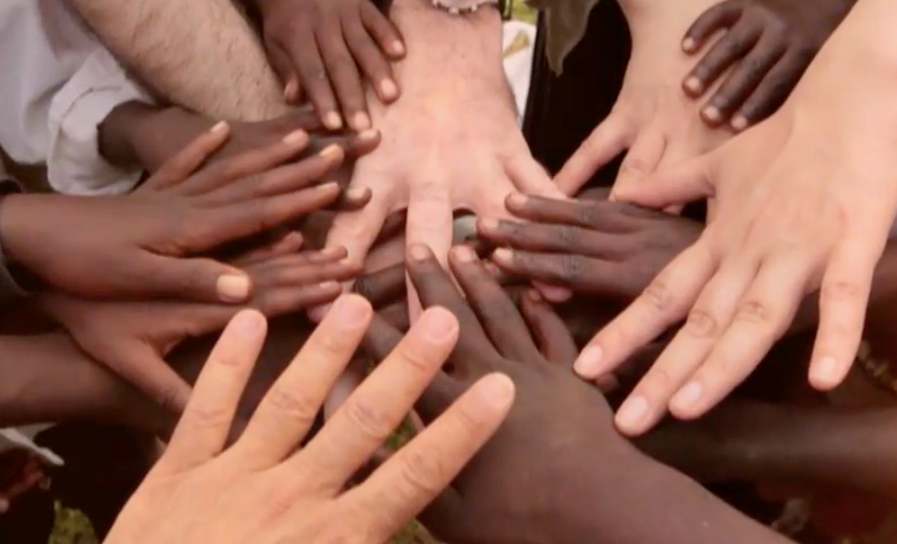Orientation towards sub-Saharan Africa was one of the earliest diplomatic maneuvers of the Justice and Development Party (AKP). Over the last decade, Turkey’s presence on the continent has grown in the form of embassies, schools, construction sites, military bases, and development/humanitarian projects. This presentation focuses on the racial project underlying the material flows of state resources, profit and aid between Turkey and Africa. Turkish diplomats, businesspeople, humanitarians, and teachers on the continent claim whiteness by racializing their African partners, clients, students, and aid recipients as black.Examining the processes of racial interpellation and identification in the context of neoliberal globalization, this presentation explores how local racial formations articulate with global white supremacy.Race and racialization continue to be neglected in the study of contemporary Middle East, Europe and Africa. Discussing the changing meanings of whiteness and blackness in Turkey through engagement with Africa, this presentation also analyzes how transnational political, economic and religious entanglements in the global South are racially structured.Furthermore, the racial argument about the whiteness of the Turk is intimately linked to a set of moral, ethical and religious arguments. The Turkish subject does not simply become white in Africa, but he or she emerges out of this interracial contact as the good white, or rather the White Muslim. Claiming Muslim whiteness allows, therefore, capitalizing on the privilege and prestige associated with whiteness in postcolonial Africa, while at the same time disassociating from the colonial legacy of European whiteness.
Ezgi Guner received her BA degree in Cultural Studies from Sabanci University, Istanbul. Currently, she is a PhD candidate in the Anthropology Department at the University of Illinois at Urbana-Champaign. Her dissertation research focuses on the articulation of race and religion with global capital accumulation in the context of Turkey's contemporary relations with sub-Saharan Africa. Supported by the Ernst Mach Grant, she is in the winter term 2019 a visiting fellow at the Centre for Southeast European Studies at Karl-Franzens-Universitaet Graz where she is completing her dissertation.
